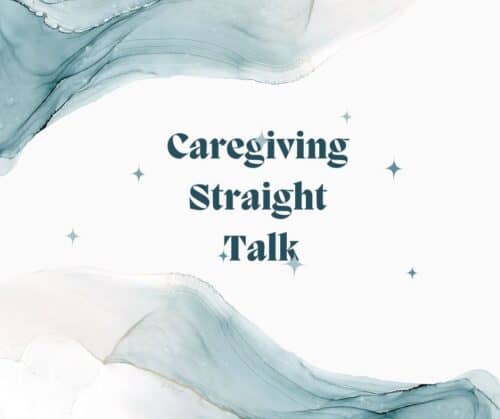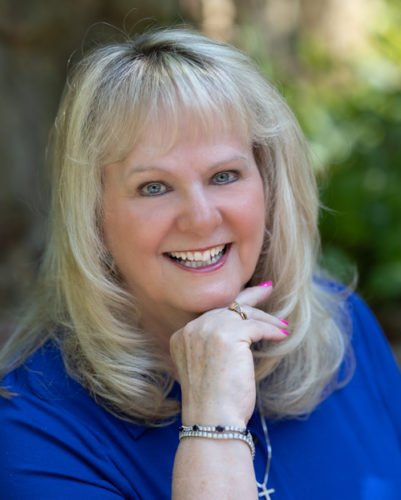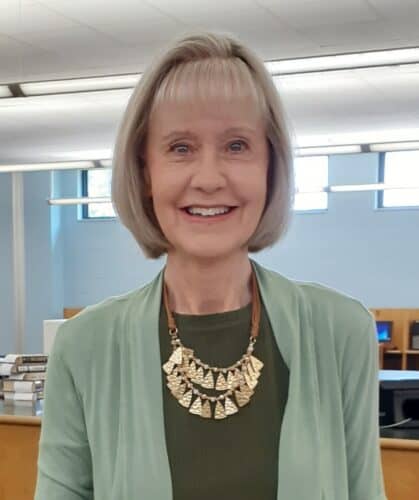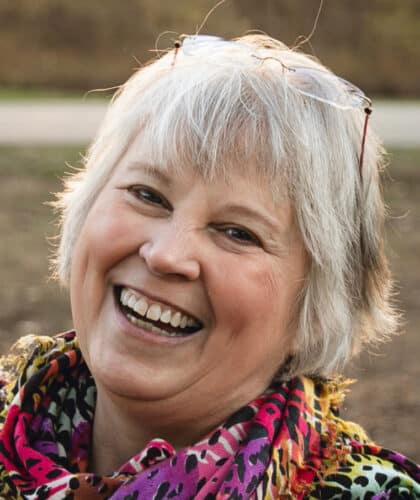
What Hat Do You Wear
After fifteen years of caring for four elderly family members, sometimes all at once, I learned the hard way there’s a big difference between caregiving and care-managing. An understanding of what “hat” you wear can be helpful to understand the tasks required, and hopefully to delegate some of those to share the load.
Your “hat” also lets you communicate better with professionals involved in your loved one’s life.
Most people know what is meant by primary caregiver (PCG)—a person(s) who does repetitive, daily, hands-on care of a loved one that includes:
- feeding
- bathing
- toileting
- giving medicines
- helping them complete their daily routine including therapies, etc.
- transporting the patient to appointments or the grocery store
Depending on the patient’s needs and functional status, this care might be only a few hours a day, or up to twenty-four hours a day if they’re bedridden.
Primary care management is what I call “hands-off” care. Care management is a health insurance term referring to a healthcare professional who helps a patient and their family navigate the healthcare system. Family members often assume this role in addition to primary caregiver.
This PCM responsibility includes:
- managing income and bills,
- ensuring groceries and food are supplied
- getting prescriptions and reordering refills
- buying personal care supplies
- handling legal issues
- scheduling doctor visits, testing or lab work
- making sure the person has adequate clean clothing
- oversight and maintenance of patient’s living area whether a home, apartment, independent living situation, assisted living facility or skilled care facility
- spiritual care
The most important thing to remember is the primary care manager (PCM) hires or ensures primary caregiving gets done and is done properly.
My recommendation would be only one person at a time designated as a the PCM, to avoid confusion when multiple family members are involved. This PCM responsibility can be rotated, or the tasks divided up. It doesn’t mean bossing everyone else around, either.
My youngest brother lived two doors down from my parents, so it made sense for him to take out their trash, cut the grass and be the first person to call in an emergency. My other brother wasn’t an attorney but was an expert at reading legal contracts. Since I was a physician, it made sense for me to be the PCM. Since we all worked and had families, we hired an agency to help with PCG during the daytime.
The PCM keeps the patient’s overall picture in mind and helps direct care. I will discuss these tasks in more detail in subsequent articles.
About the Author: Doctor by day, writer by night—Dr. Ronda Wells is an award-winning author who has written inspirational fiction for over twenty-five years. She has helped numerous other Christian writers with creating authentic medical scenes for their books. A lifelong Hoosier, Ronda is a wife, mother and grandmother who lives in Mooresville, Indiana and loves to travel. Her stories illustrate extraordinary faith among the conflicts of ordinary life. You can read her other inspirational blog posts plus a bonus chapter of her yet-to-be published contemporary inspirational romance, Harvest of Hope, at www.rondawellsbooks.com.

I hope you are enjoying this Caregiving series. If you have a story you’d like to share, contact me at loretta@lorettaeidson.com and write “Caregiving” in the subject line.
Feel free to respond to Dr. Wells’s article or to ask a question in the comments.
Loretta Eidson
MORE CAREGIVING Information:

I invite you to join my author friend, Tracy Crump’s monthly newsletter for caregivers. Here’s her information.
Caregiver’s Corner shares short stories of joys and heartaches along with tips now and then to help you survive this season and even make sweet memories. Together, we’ll cheer and encourage each other through the caregiving journey.
Link to subscribe to Tracy’s blog
Tracy Crump knows from experience the burdens caregivers shoulder after caring for both her parents and her 100-year-old mother-in-law. A former ICU nurse, Tracy dispenses hope in her award-winning book, Health, Healing, and Wholeness: Devotions of Hope in the Midst of Illness Twenty-two of her stories have appeared in Chicken Soup for the Soul books, and she has published hundreds of devotions, articles, and short stories in diverse publications such as Guideposts books, Focus on the Family, Woman’s World, and Ideals.








Thank you for clarifying the difference between these two roles, Ronda. I never thought about it, but I’ve done one or the other or both at times. Thank goodness for our heavenly care manager, who helps us through it all!
I agree Tracy. I’ve changed hats many times and never thought about the role change.
Amen to that!!